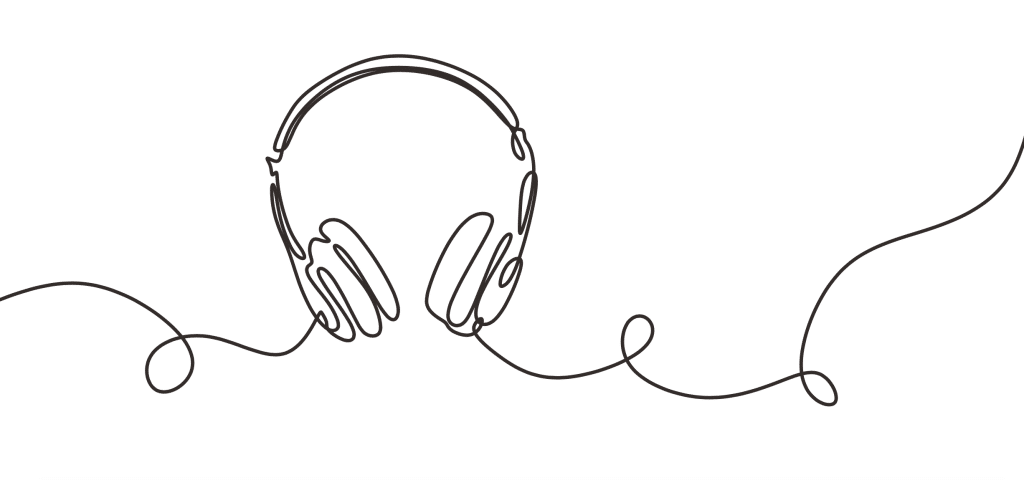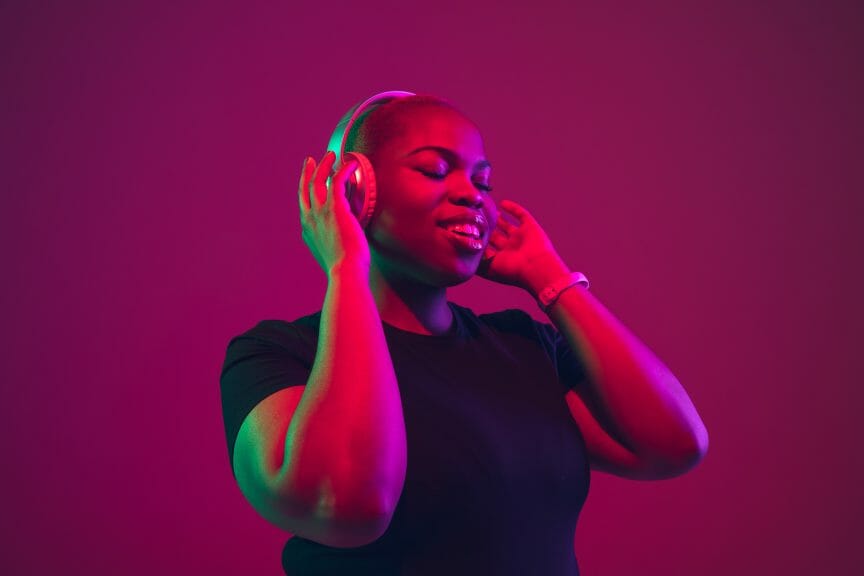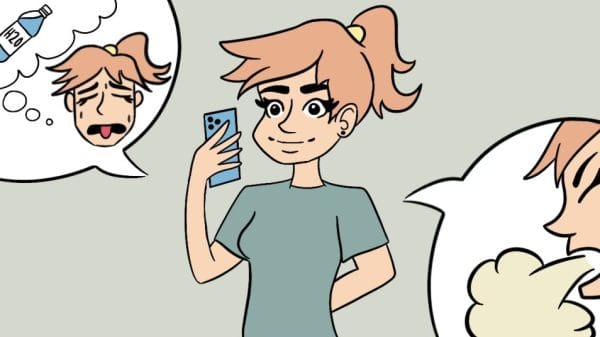Because of the rapid growth of media technology in the 21st century, music has become more accessible than ever before.
In the past, an avid music lover would have had to own a walkman, a stereo, or a record player if they wanted to hear their favorite tracks. In today’s world, the possibilities are endless when it comes to music listening. We’ve surely come a long way since the invention of the phonograph in the late 19th century.

Music Listening as a Routine for Gen-Z
As someone who lives in a city, I do a lot of walking. I’ve noticed that it is a rare sight to see a twenty-something year old without a pair of headphones on. At this point, headphones have surpassed their functional purpose and have become an outfit accessory. Generation Z makes it impossible to do almost anything without having their own personal soundtrack playing at all times. It is constant, almost as if we are afraid to live in silence.
Have you ever driven without music? Or have you ever turned the car around when you’ve forgotten your aux cord? I myself can admit to having done the latter. A friend of mine recently said to me,
“To me my music library is like my actual library, I process all of it while I’m mindlessly driving.”
Mac MacDonald

Credit: Shutterstock/Song_about_summer
Members of Gen Z are Collectors of Music
Because of new technology and apps such as Spotify, and Apple Music, this idea of a “music library” has become an incredibly normal and pivotal part of what it means to be a young adult in today’s world. Not only do we listen to music constantly, we collect it. Our collections become so personal and so expansive that they are an essential part of our day. Generation Z, a generation, typically prone to having a “main character complex”, will do just about anything to make their lives feel more cinematic, meaningful, or evocative. Growing a music library, making specific and niche playlists, listening to sad songs on the subway — these have all become crucial habits for survival.
Music & Mental Health
Listening to music reduces pain, anxiety, and stress. Generation Z has a considerable amount of stress. In constant fear of school shootings, climate change, academic pressures, politics, and so much more — it is understandable that a generation burdened by so much anxiety would turn to music as a form of therapy.
Not only has music listening become a regular part of our daily routine, but the activity itself is also much more private than it used to be. When my parents were growing up playing their music, my grandparents would undoubtedly be familiar with their favorite songs and artists, as the sounds from their machines could echo throughout the entire house. Now, the popularity of headphones has made listening a much more intimate experience. It has become just as personal and private as an actual therapy session.

Credit: Shutterstock/Master1305
The Privileges of the Digital World
It is apparent how beneficial music listening can be for mental health and reducing stress. The digital world has provided Generation Z with all the tools necessary to make music a part of their everyday lives and take it with them wherever they go. However, it is vital to remember what a privilege it is to have our favorite songs at the touch of a button. The generations who came before did not have this luxury, but then again, maybe they didn’t need it as much as we do.














